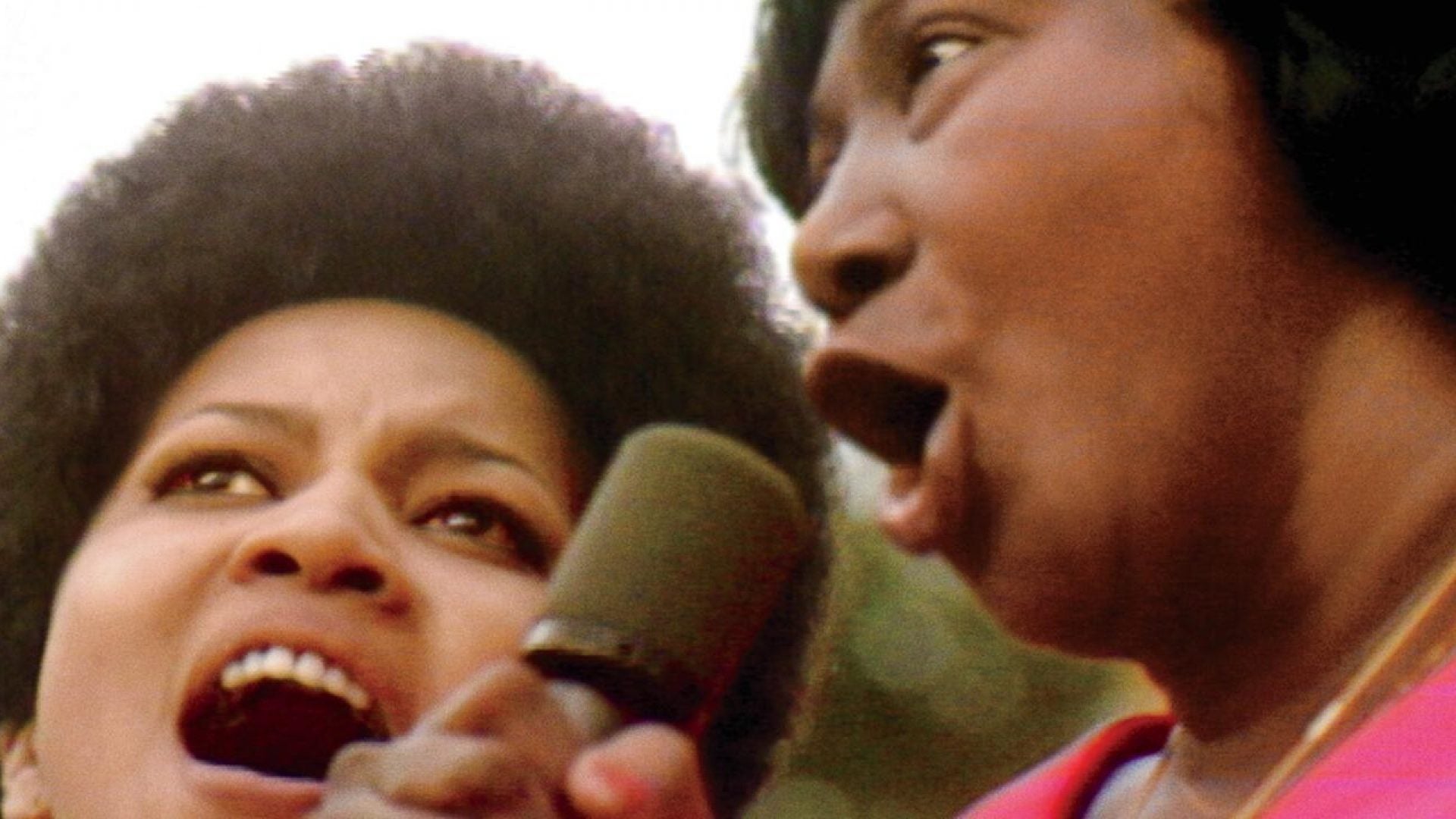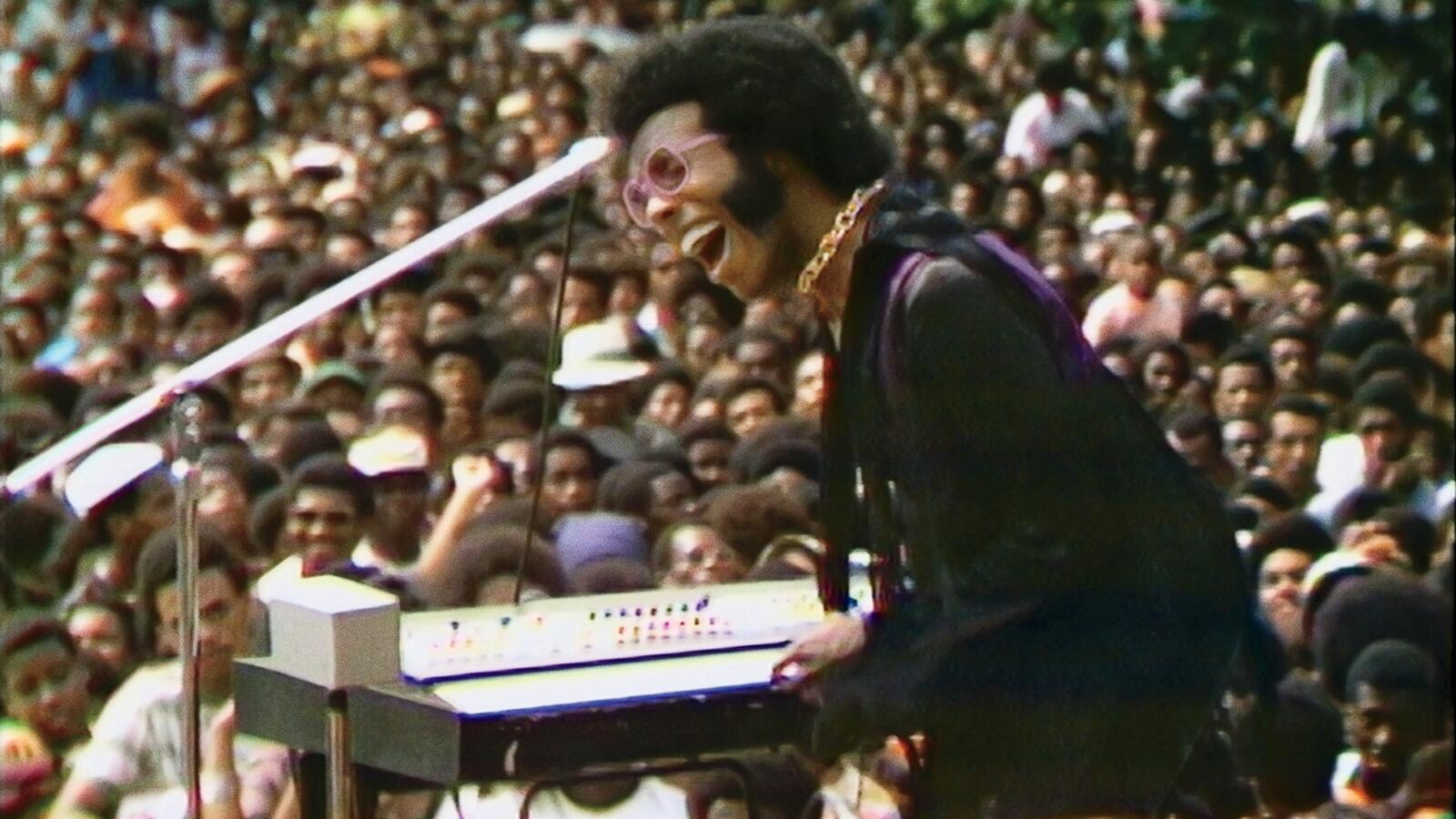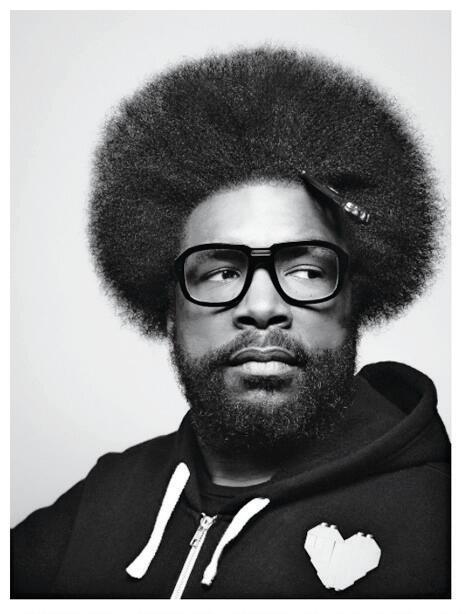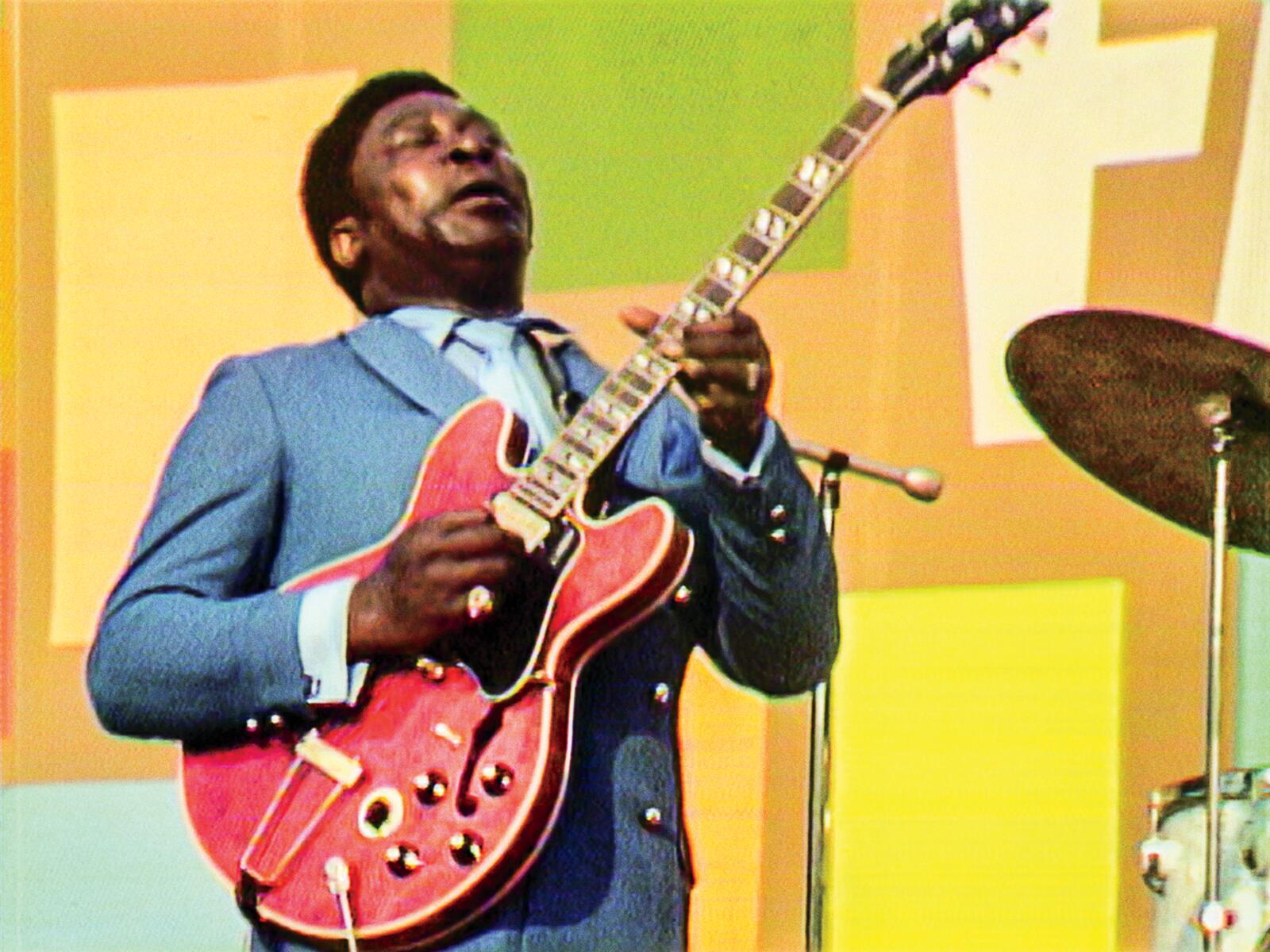
A moment in Black music history might have been lost forever, had the musician, historian and now documentarian Ahmir “Questlove” Thompson not stepped in.
Footage from 1969’s Harlem Cultural Festival had been collecting dust in a widow’s basement for nearly 50 years—but in 2016, an opportunity fell into Thompson’s lap when David Dinerstein and Robert Fyvolent asked for five minutes of his time.
As the two men told him details of the festival, which had featured musical greats like Stevie Wonder, Sly and the Family Stone, Mahalia Jackson and Nina Simone, Thompson figured there was no way he wouldn’t have known about such a monumental event.

“Instantly I called BS,” Thompson recalls. “I’m like, ‘I was YouTube before YouTube existed. There are no concert factoids that I don’t know about first.’ I thought that these two dudes were trying to flex on me.”
They weren’t. The festival took place over the course of six weeks, in Mount Morris Park, during the last summer of the ’60s; it was attended by nearly 300,000 people. Recognizing the importance of the moment, a man named Hal Tulchin filmed it, hoping to sell the footage. But he couldn’t, and Tulchin died with all that film still in his basement. And before Summer of Soul (…Or, When the Revolution Could Not Be Televised) premiered at the 2021 Sundance Film Festival, most people had never heard of the event.
Though Thompson was “enraged” that this piece of entertainment history had been kept from the world, he still didn’t know how involved he wanted to be in the project. He thought Dinerstein and Fyvolent were asking him to produce, as he had with the Broadway musicals Fela! and Hamilton. But they actually wanted him to direct.

“Besides a video for Common, I’ve never directed anything in my life,” Thompson says. “Why me? This is too historically important for you to give it to a first-time driver behind an 18-wheeler to go cross-country.”
So Thompson dodged Dinerstein and Fyvolent for seven months as he dealt with his Impostor syndrome. Eventually, he signed on to direct—before Tulchin’s widow disposed of the footage.
When Thompson finally committed to the project, he and his producing partners had every intention of calling the film Black Woodstock. Though the Harlem Cultural Festival began weeks before Woodstock, one festival became a household name, while the other faded into obscurity. “Black Woodstock” was how Tulchin referred to the historic footage 50 years ago, as he struggled to find a buyer. But the deeper Thompson and his team dug into the material, the more they recognized the title didn’t fully serve the story.

“This was bigger than Black Woodstock,” Thompson explains. “It was disrespectful to call it that. For me, the subtitle (…Or, When the Revolution Could Not Be Televised) is the stronger statement—because that’s the proverbial middle finger that says, Yes, this magic moment happened, and it was not allowed to be amplified.”
Now, more than five decades later, the Harlem Cultural Festival is getting just a fraction of the recognition it always deserved. Thanks to a fateful series of events, Summer of Soul streams on Hulu beginning July 2.
“Because of what we’ve been going through with the protests this year, and the killings of unarmed men and dealing with poverty, it’s so important that the story resonates with everyone,” Thompson says. “Whether you were there and you know these people or you weren’t there, this is for everybody.”